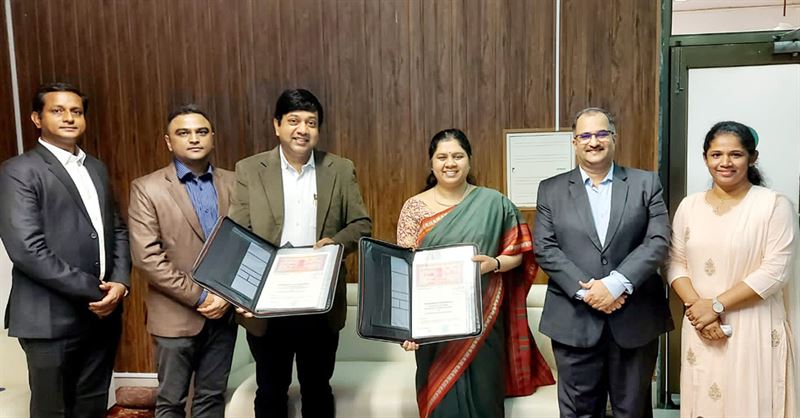Getinge partnership in India pioneers AI in the ICU
Getinge’s cooperation with the Indian Institute of Technology (IIT) in Mumbai is an example of how the company strengthens its research in areas with growing importance. Current focus for the partnership is a system using Artficial Intelligence (AI) to help understaffed Intensive Care Units (ICUs) detect which patients that are in most need of urgent care.

“Our digital strategy is dedicated to increase the availability of caregivers and devices. The project in Mumbai is an excellent example of how hopitals with limited funds and resources can be supported by low-cost digital technologies,” says Ulf Andersson, Vice President Research & Platforms at Getinge.
By teaming up with academic partners, such as a research team at IIT in Mumbai headed by Prof. Dr. Rohit Srivastava, Getinge aims to find innovative ways to enable healthcare staff to focus more on patients – in this case by pinpointing the ones in most critical condition.
The need for this support was highlighted during the COVID-19 pandemic, when temporary ICUs in India with few trained doctors were overwhelmed by a massive inflow of patients.
“Imagine that you have 50 patients in critical condition, and that you need two minutes for each of them. Who do you go to first? A lot can happen in those 100 minutes if you don’t get the priorities right,” says Dr. Arnab Ghosh who heads the AI research project at IIT.
Dr. Ghosh was one of India’s dedicated ‘COVID 19 warriors’ and he experienced firsthand the need for mitigating shortcomings of traditional triage procedures with an efficient and affordable support system.
“The current partnership with Getinge focuses on an automated process for managing the prioritization of patients remotely,” he explains. “By joining forces with a team of IT students at our university, we have developed a system based on bedside cameras and an algorithm that processes their visual input. The result is transmitted back to the ICU doctors.”
The system is completely autonomous, working without any input from medical devices at the patient’s bedside.
“We have seen very encouraging results from the first prototypes. Our next step is to set up a field trial involving 25 cameras,” Prof. Srivastava explains. “This solution demonstrates the power of Internet of Medical Things (IoMT) when it comes to finding smart, low-cost ways to improve care in countries struggling to provide all inhabitants with quality healthcare. We are proud to be one of many ongoing projects in India that focuses on technology with potential to benefit the poorest communities.”
For the research team at Getinge, the clinical and technical experience of Professor Srivastava and his colleagues is a valuable asset.
“We are very happy to co-operate with an institution that has been pioneering biomedical engineering for a long time, resulting in several commercialized patents Together, we are creating new innovations to help further evolve healthcare in the years to come” says Sunil Joshi, Senior Director, at Getinge’s Innovation Center in Bengaluru, India.